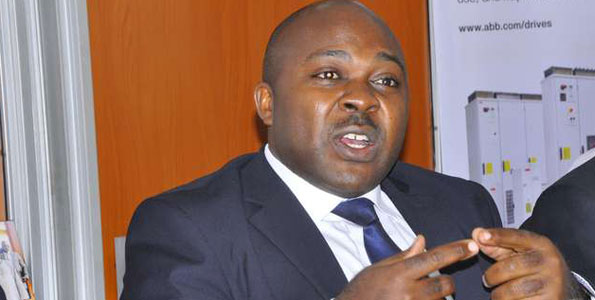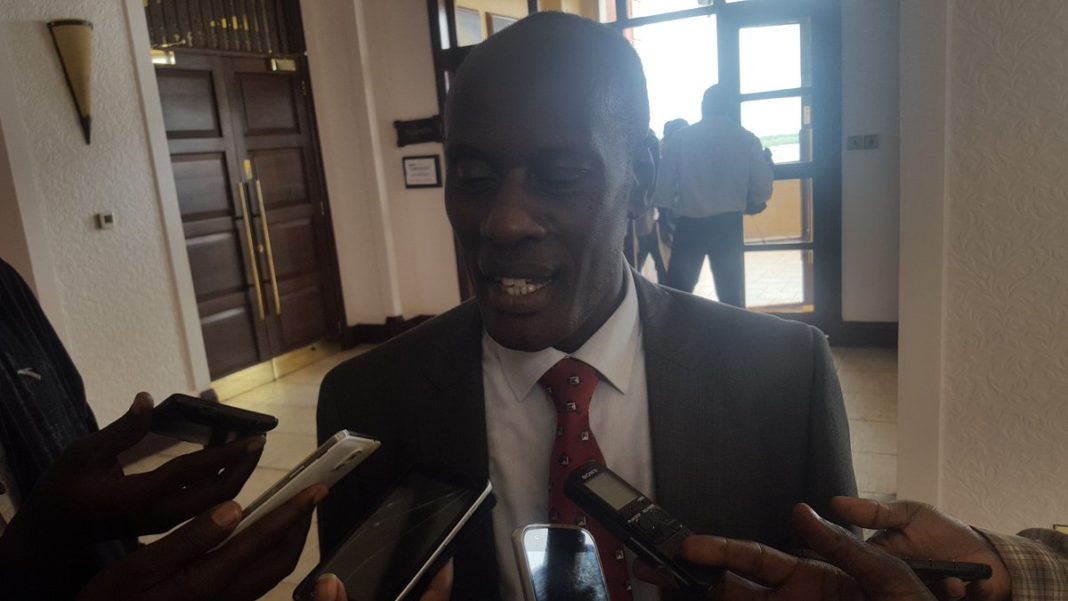The government will not take over the operations of electricity distributor UMEME soon, the CEO of Uganda Electricity Distribution Company (UEDCL), Joseph Katera has said, dashing the hopes of some Members of Parliament (MPs) were hoping for a change on grounds that the distributor’s current electricity charges are too high for consumers.
According to Mr Katera, even if government was ready technically and operationally, it currently does not have the money to run the activities that UMEME is implementing as the distributor moves into the last seven years of the 20-year concession it signed with government in March, 2005.
“If government is to take over from UMEME, we need to spend US $100m annually, which government can afford right now,” Mr. Katera said during a symposium organised by UMEME at Lake Victoria Serena Hotel, Kigo to update the MPs on the Natural Resources Committee.
Further, Mr. Katera said the concession signed between UMEME and government has a buyout clause of over US$330m, which money would be costly to government. He said, UMEME, being a private company listed on the Uganda Securities Exchange (USE) and Nairobi Securities Exchange (NSE) is best placed to run the distribution of electricity in the country as it can easily raise funds in case of further investments in the network.
Speaking at the symposium the Chairperson of the Committee Alex Byarugaba said it was important that UMEME updates the legislators on its operations so that they make informed decisions. “This is our meeting and we are here to listen and learn, much as we shall ask some questions,” he said.

In his speech UMEME CEO Celestino Babungi said they have invested heavily since 2005 improving efficiency of collection of fees from 80 per cent during UEB reign to the current 100 per cent. He said the company has also worked to bring down losses from 38 per cent in 2009 to 17 per cent as of 2017. With technical losses plummeting to 10 per cent while commercial losses stand at 7 per cent. Currently, he said, losses stand at 16.9 per cent.
UMEME officials argue that technical losses can not completely be eliminated from the network since the conductors through which electricity flows have resistance. Analysts say the can be minimized below 10 per cent.
Mr. Babungi said UMEME has invested billions of shillings in modern technologies such as transformers, larger conductors and others to minimize technical losses. MPs said US $400m is paid by government for a percentage unit, but others said this figure has come down.
Commercial losses arise mainly from power used by consumers and not paid for due to illegal connections and vandalism. UMEME has addressed the challenge through the introduction of prepared metering and use of aerial bound cables, according to the company officials.
According to Babungi, UMEME targets to reduce electricity losses to 14.7 per cent in 2018. Katera on the other hand said US $2.65 billion is needed on the side of government to invest in the transmission and distribution network from 2018-2022.
He said government was fast racking the construction of the 600MW Karuma hydropower dam and 183MW Isimba power dam for cheaper generation to reduce the burden on the electricity tariff in the medium term.
The UMEME CEO meanwhile, has urged MPs to sensitize their voters on the impact of power thefts. He specifically lauded legislators from the Elgon region for helping the company reduce commercial losses through sensitization of the residents ‘stealing power’ that was costing the company billions of shillings in losses.
The MPs on the other hand said power is needed in the country for industrialization as well as domestic consumption. They added that their voters are not happy with the current power prices, even as industrial and commercial consumers use 65 percent of the power generated in the country.








